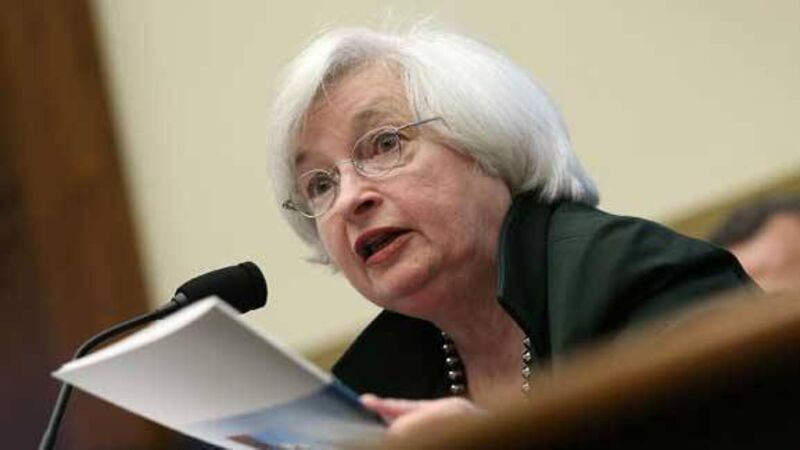No let-up for slumping commodities under Federal Reserve hike

By raising US interest rates for the first time since 2006, the central bank has bolstered the value of the dollar, the currency used around the world to buy and sell most raw materials.
Even with global surpluses and slowing economies keeping prices low for everything from crude oil to wheat, demand may weaken, especially from major importers in Asia, such as China and India, that have been key drivers of commodity buying.













